PNAS
-

Regulating immune regulators
Understanding how to control the generation of regulatory T cells could have important implications for treating autoimmunity and cancer. Read MoreJul 17, 2014
-
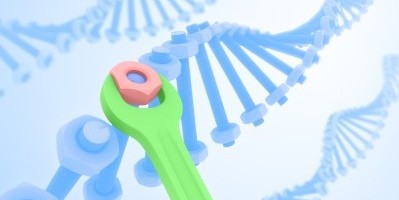
Repair protein’s DNA recognition motif
Insights into the workings of DNA damage response proteins such as SMARCAL1 could suggest new ways to improve genome integrity and prevent cancer. Read MoreMay 23, 2014
-

A new way to target cancer-driver Ras
Vanderbilt researchers have discovered small molecules that turn off cancerous Ras signals in a new way. Read MoreMar 13, 2014
-

Human and Helicobacter co-evolution
by Denise Anthony (iStock) A Vanderbilt University-led research team has solved a long-standing riddle: Why do people of mostly Amerindian ancestry in the Andes have a gastric cancer rate that is 25 times higher than that of fellow Colombians of mostly African descent only 124 miles away on the coast?… Read MoreJan 23, 2014
-

Ancient chemical bond may aid cancer therapy: study
A chemical bond discovered by Vanderbilt University scientists that is essential for animal life and which hastened the “dawn of the animal kingdom” could lead to new therapies for cancer and other diseases. Read MoreDec 19, 2013
-
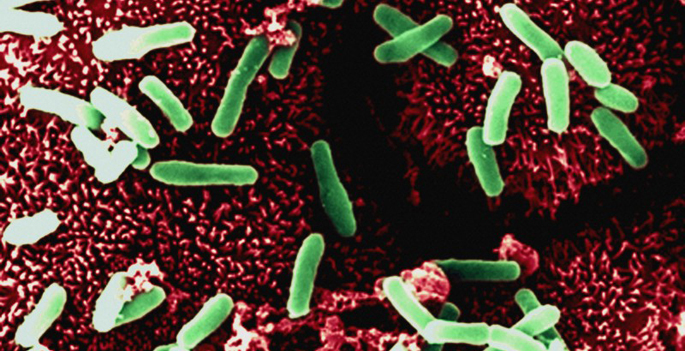
Defusing ‘C. diff’ infection
Clostridium difficile on the intestinal lining. (Wellcome Images) Clostridium difficile (“C. diff”) infection is a leading cause of hospital-associated diarrhea, and the frequency and severity of infections are on the rise. D. Borden Lacy, Ph.D., associate professor of Pathology, Microbiology and Immunology, and colleagues recently demonstrated that the C. Read MoreNov 8, 2013
-
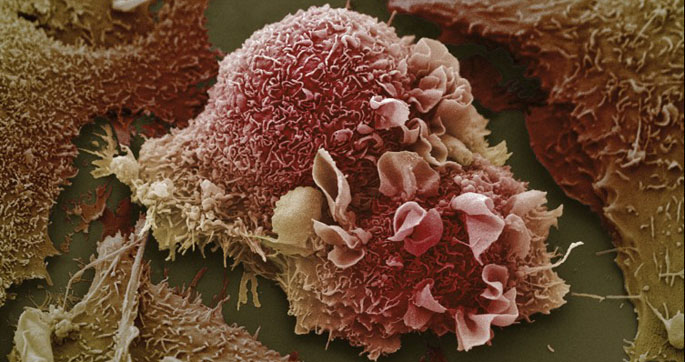
Probing mutant EGF receptor regulation
Understanding the regulation of mutant EGF receptors commonly found in lung cancers could lead to new targeted therapies. Read MoreOct 10, 2013
-

Food variety drives overeating in mouse model of obesity syndrome
Dietary variety – not high-fat or sugary foods – appears to stimulate overeating in a mouse model of an inherited obesity syndrome. Read MoreApr 25, 2013
-
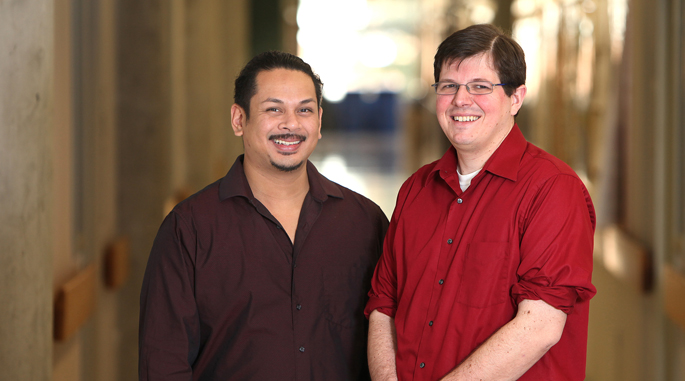
Antibacterial protein’s molecular workings revealed
Vanderbilt investigators report new insights to the workings of calprotectin, an immune system protein that “starves” bacterial pathogens of the metal nutrients they require. Read MoreFeb 21, 2013
-

Seeing light receptor’s interactions
Understanding how the main receptor for light interacts with other signaling molecules may inform new pharmaceutical development. Read MoreJan 18, 2013
-
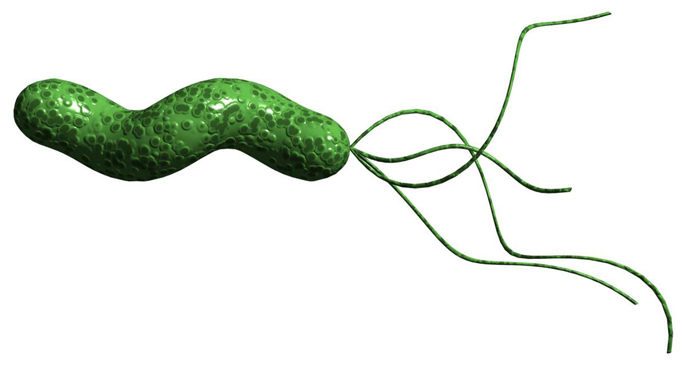
Stomach bug alters tumor suppressor
The stomach bug Helicobacter pylori increases forms of a protein that promote tumor development, perhaps explaining how it elevates risk for gastric cancer. Read MoreOct 23, 2012
-

Setting traps to probe gene function
A new method for creating genetic mutations that can be activated at certain times or in specific tissues will enable studies to probe gene function. Read MoreOct 18, 2012
-

Receptor’s role in nutrition brain circuitry
New findings point to brain circuitry that communicates about the body’s nutritional status and regulates how nutrients are mobilized. Read MoreJul 3, 2012
-
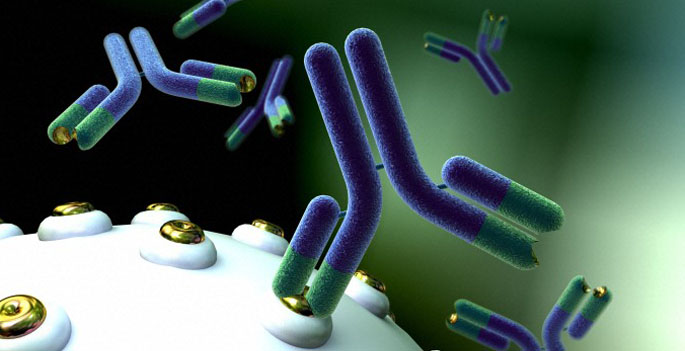
Dengue antibodies give vaccine leads
New information may help speed development of a vaccine or treatment for dengue fever. Read MoreApr 27, 2012
-
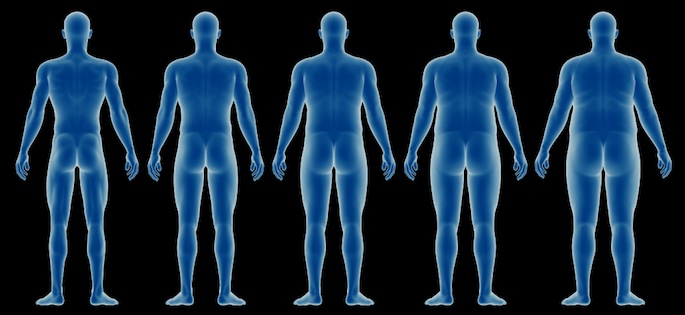
Vanderbilt research finds immune cells fan flames of obesity-related inflammation
Researchers at Vanderbilt University have discovered that an unusual set of immune cells, called invariant natural killer T cells, can exacerbate obesity-related inflammation. Read MoreApr 10, 2012
-

Mouse model for autism yields clues to a 50-year-old mystery
A genetic variation that causes early disruptions in serotonin signaling in the brain may contribute to autism spectrum disorder and other enduring effects on behavior. Read MoreMar 20, 2012
-
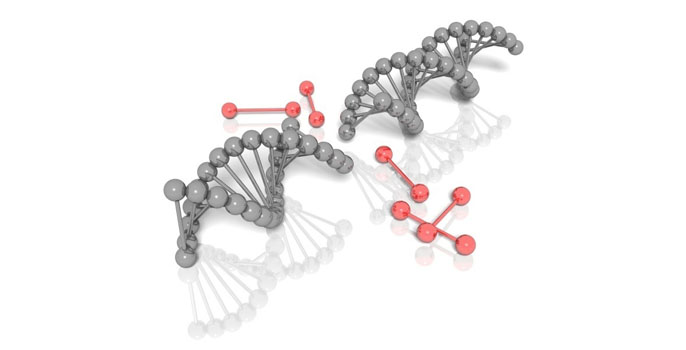
‘Detangler’ binds, bends and cuts DNA
New details on the DNA-cutting activity of topoisomerase II, a target of anti-cancer drugs, could lead to better chemotherapeutic agents. Read MoreMar 2, 2012
-

Alcohol’s molecular mediators
Therapeutic agents focusing on the brain region involved in stress-induced relapse may be effective in preventing relapse in patients with alcohol use disorders. Read MoreJan 23, 2012
-
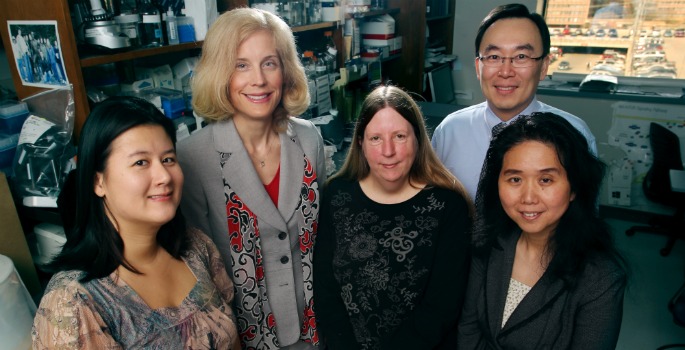
Gene ‘signature’ may predict cancer outcomes
A gene signature may be useful in predicting outcomes for patients with rhabdomysarcoma, a form of cancer most commonly diagnosed in children. Read MoreMar 25, 2011
-

Breast cancer vulnerable to multi-hit therapy
Combining targeted therapies may increase their effectiveness in treating a common and aggressive form of breast cancer. Read MoreMar 21, 2011